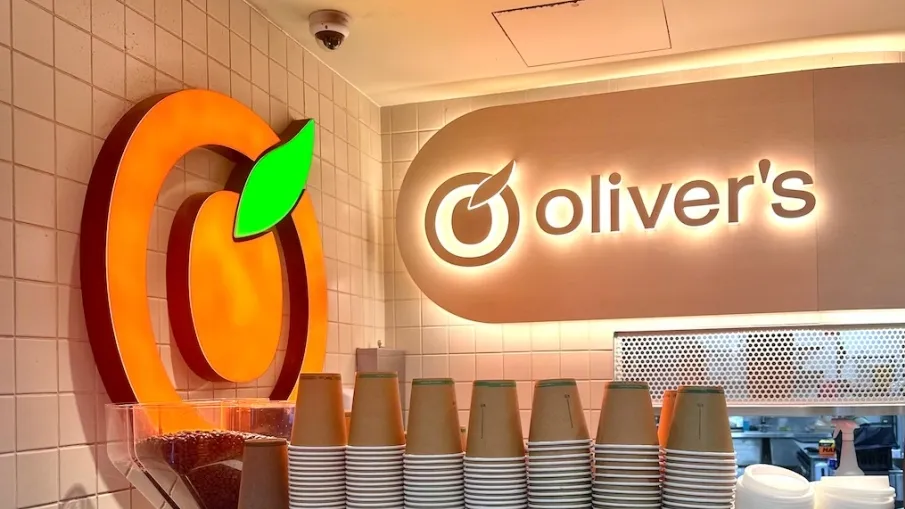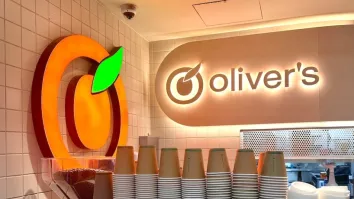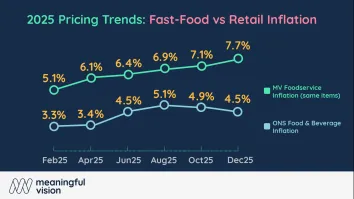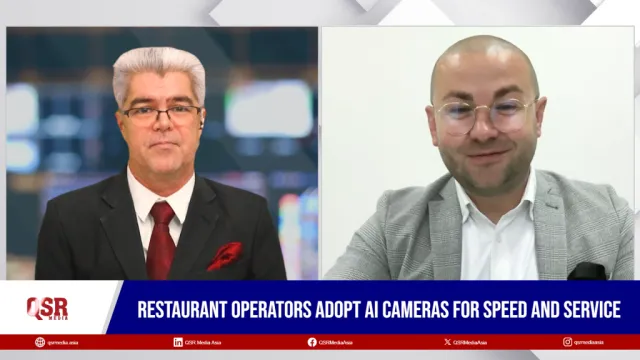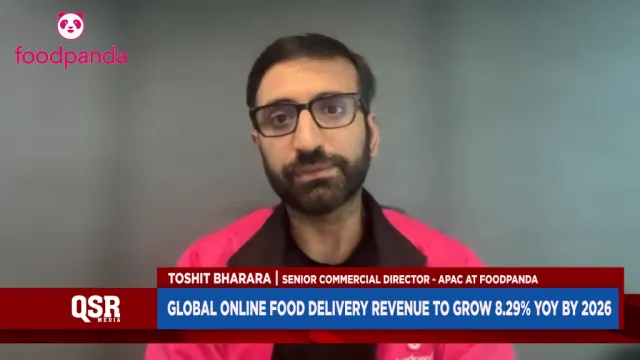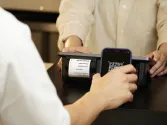
Qatar sets legal framework for cloud kitchen operations
It aims to cut errors, speed up licensing, and support digital food business growth.
Qatar has introduced a set of formal procedures for obtaining the commercial license for cloud kitchens, aiming to bring the sector under regulatory oversight and ensure compliance with technical, health, and regulatory standards.
The guidelines target food entrepreneurs, investors, delivery service companies, and restaurants looking to expand operations without opening new physical locations.
Cloud kitchens operate without dining areas, serving customers exclusively via online platforms and delivery apps.
To get a license, investors must establish a company and obtain a commercial registration through the single window devices portal, and the listed business activity must relate specifically to food preparation or catering.
Sub-kitchens within existing cloud kitchens can also be registered under this system, with commercial registrations generally processed within one to two days. Each kitchen requires a separate application and a license fee of QAR 500.
Alongside licensing, applicants will receive a tax ID, establishment ID, and Qatar Chamber membership. The Ministry of Commerce and Industry (MoCI) says the aim is to simplify processes whilst maintaining service quality and safety.
The regulations also lay out location and operational requirements. The location must be appropriate for the type of kitchen (segmented or multi-brand) and have a valid building completion certificate for the site, along with approval from the relevant authority.
Sites must comply with safety and protection requirements, such as civil defence, fire safety rules, and industrial ventilation. There should be a presence of separate water, electricity, and sewage networks that ensure no impact on public health.
Moreover, the site must not be directly connected to permanent residential units or used for residential purposes, and the business name and registration number must be clearly displayed.
The specific requirements include approvals from municipal and health authorities, separation of food prep and storage areas, designated access for delivery staff, and adequate ventilation and traffic flow systems.
MoCI says these guidelines are designed to reduce procedural errors, improve the efficiency of license issuance, and help digital food ventures scale more efficiently within a regulated framework.

